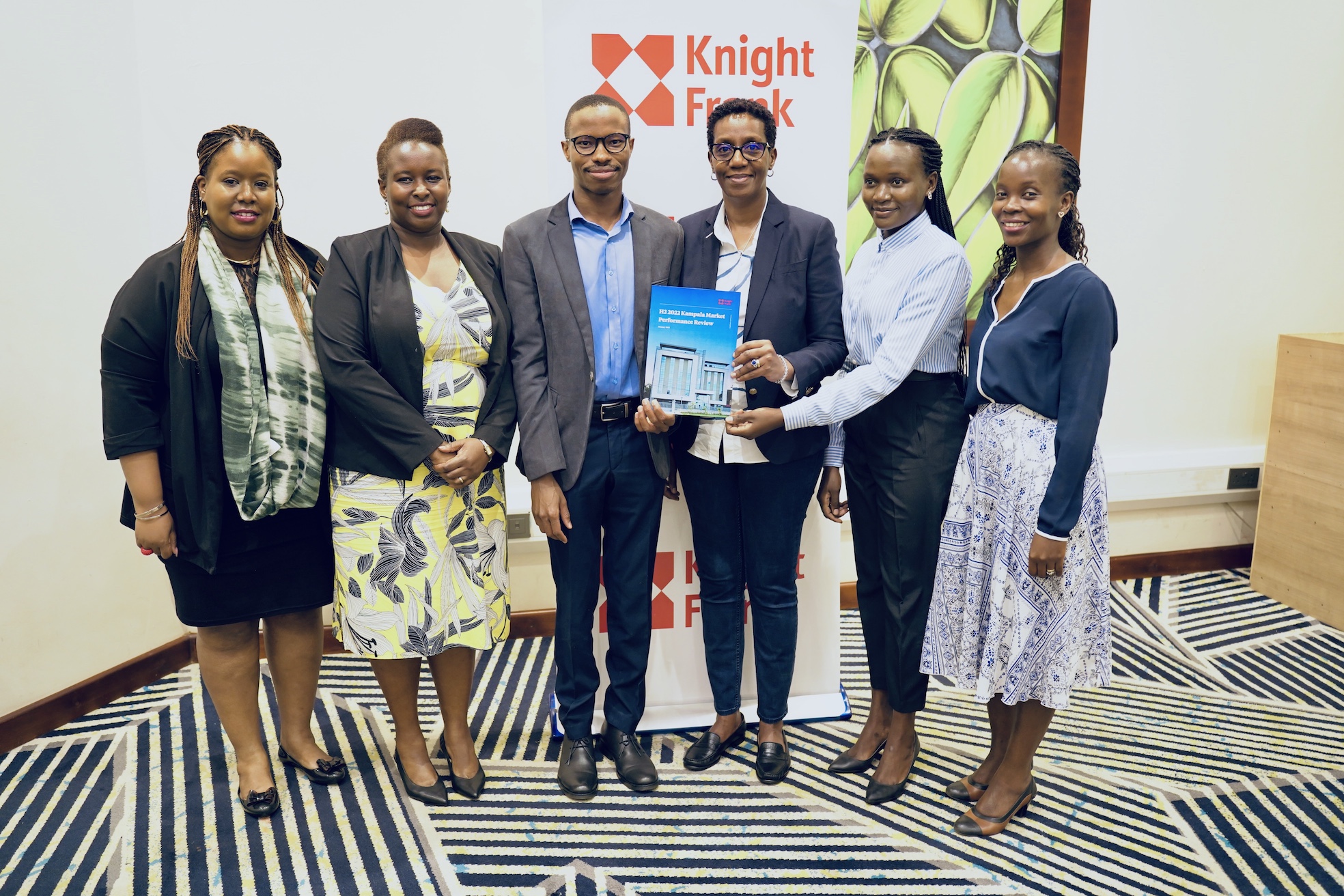In the report released on January 13th 2023, covering the six months to December 2022, Knight Frank, observed that “2022 was a year of resilience, circumspection, and optimism” and that…
Top Knight Frank real estate trends that every property developer and tenant in Uganda must know to make or save money in 2023 and beyond Knight Frank Uganda, the leading property management and advisory firm, has released its much-awaited H2 2022 Kampala Market Performance Review report. The report is an authoritative guide to real estate investors, tenants and researchers on the different market trends in the business.


